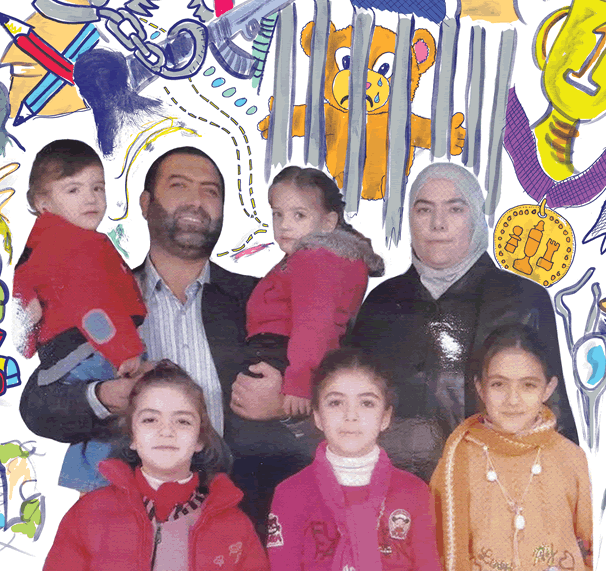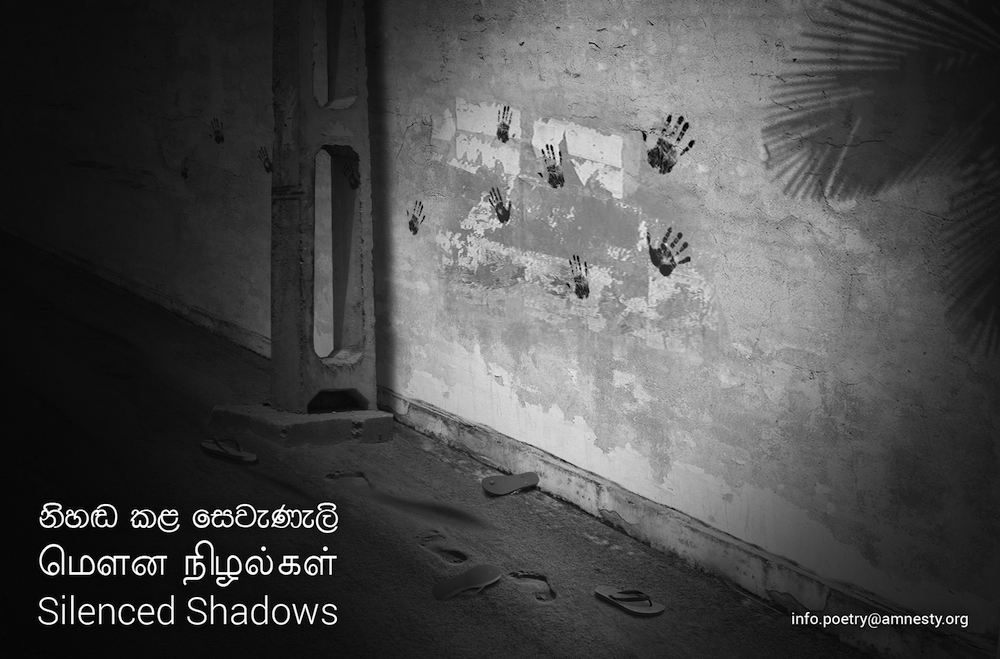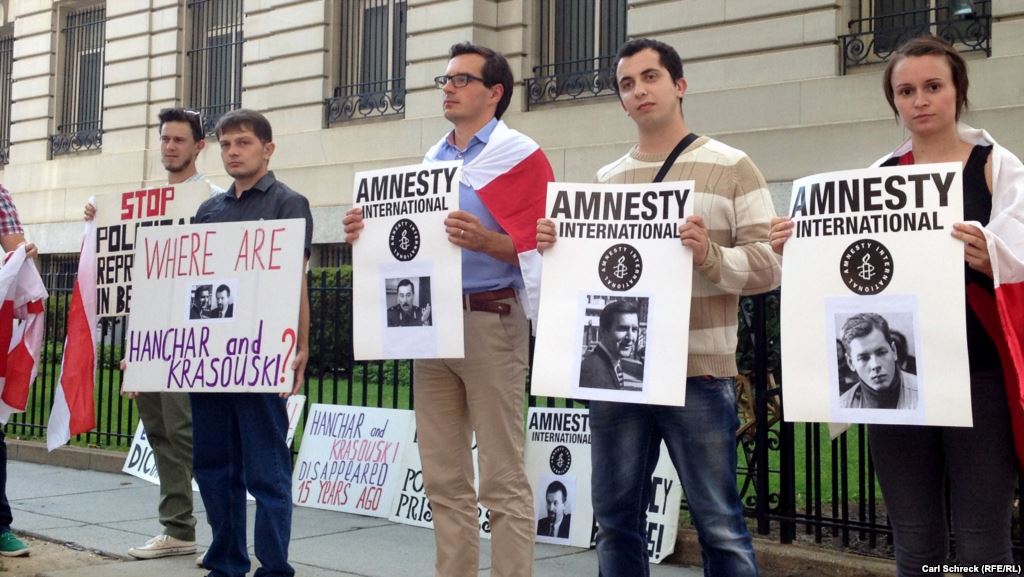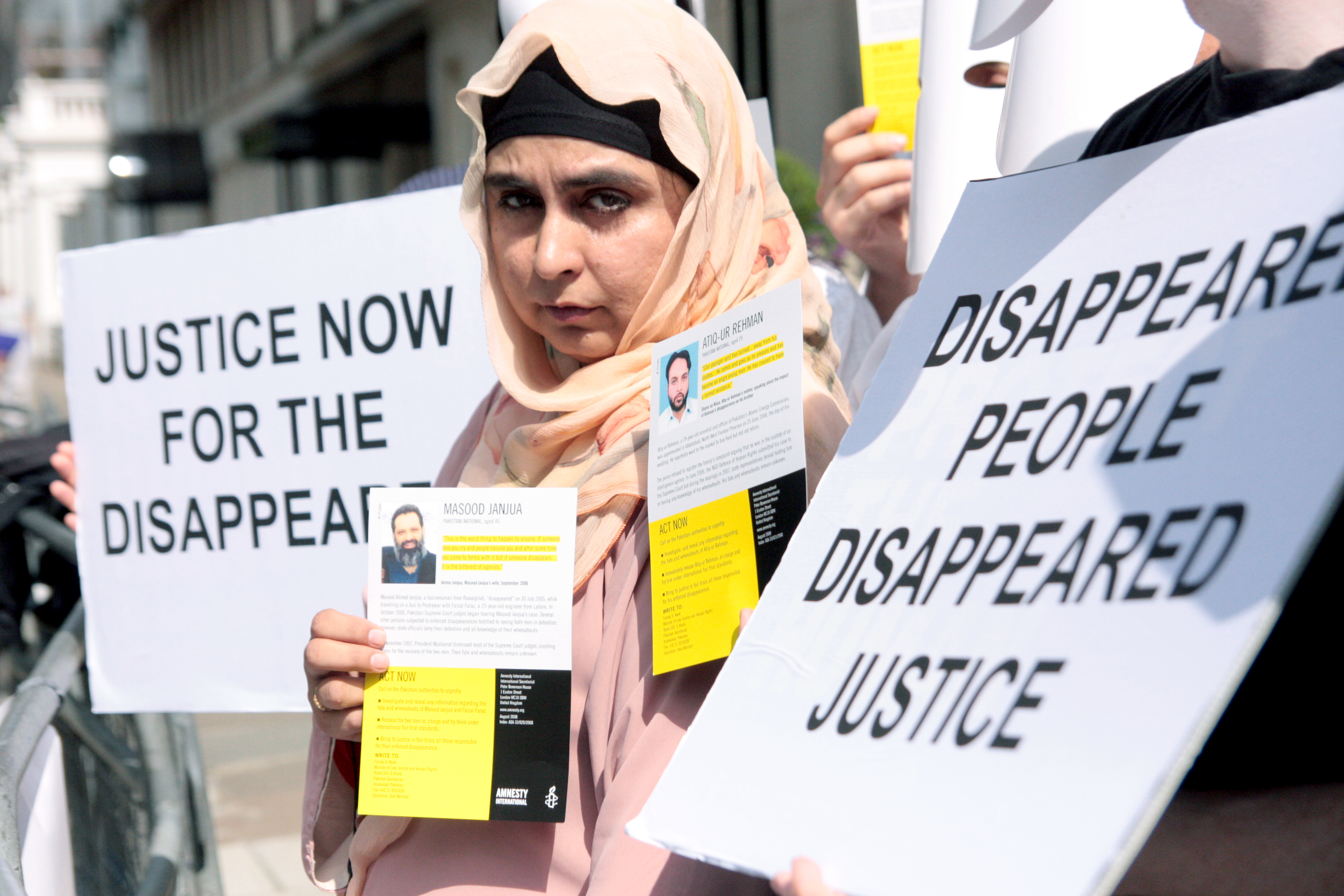In the last two weeks, Francisco Pineda and Everto González, two members of the community council of Caracolí in north-west Colombia, were subjected to enforced disappearance by paramilitaries. They were both picked up by a group of paramilitaries, who took them away to “resolve some land issues.”
Pineda and González have not been heard from since, and their whereabouts remain unknown. Amnesty International fears their lives and the lives of other members of the Afro-descendant community may be at risk, and has issued an Urgent Action on their behalf.
Enforced disappearances persist in many countries all over the world, and violate a wide range of human rights. In Colombia, especially, there is tremendous impunity for enforced disappearances, and violators continue to evade justice.
SEE THE REST OF THIS POST








